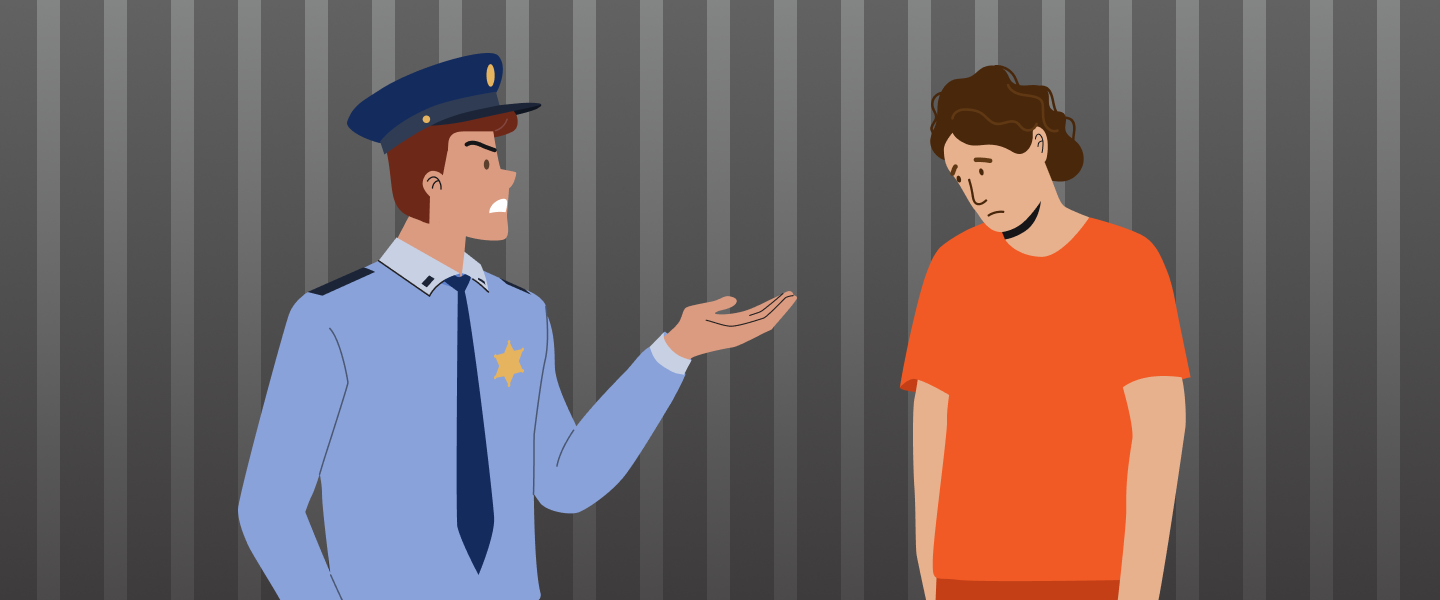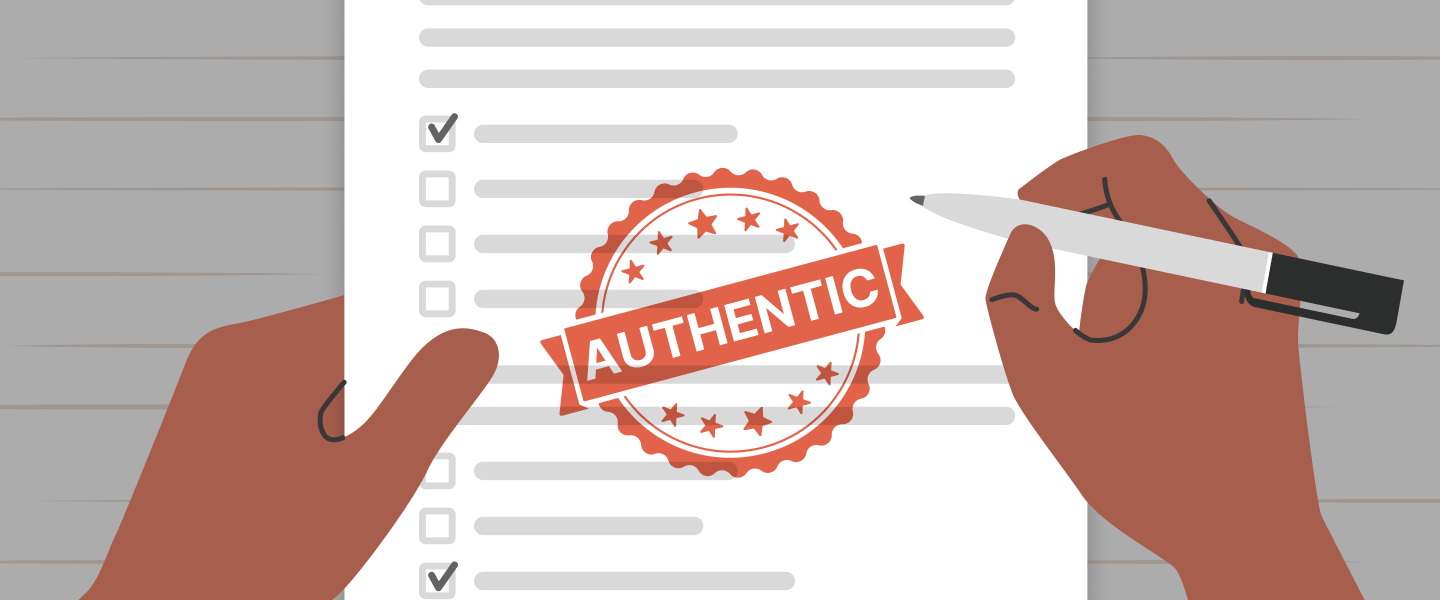Bar Exam Success
Outsmart the MPRE: Remedying False Statements to the Tribunal under Rule 3.3(a)(3)
(3).png)
If you’re seeking bar admission, chances are you’ll need to take the Multistate Professional Responsibility Examination (MPRE). Passing the exam is a requirement for admission in most jurisdictions.
According to the National Conference of Bar Examiners, 10–16% of the questions on the MPRE will test ethical rules related to litigation and other forms of advocacy. This set of rules includes Rule 3.3, which obligates lawyers to be truthful to the court.
Rule 3.3 covers several facets of truthfulness to a tribunal, but we’ll focus on just one: a lawyer’s obligation to correct false statements made to the court. Let’s unpack the rule and the wrong-answer traps that commonly appear on questions testing this aspect of the duty of candor.
According to the National Conference of Bar Examiners, 10–16% of the questions on the MPRE will test ethical rules related to litigation and other forms of advocacy. This set of rules includes Rule 3.3, which obligates lawyers to be truthful to the court.
Rule 3.3 covers several facets of truthfulness to a tribunal, but we’ll focus on just one: a lawyer’s obligation to correct false statements made to the court. Let’s unpack the rule and the wrong-answer traps that commonly appear on questions testing this aspect of the duty of candor.
Remedying False Testimony or Evidence under Model Rule 3.3(a)(3)
Under Model Rule of Professional Conduct 3.3(a)(3), a lawyer must not knowingly offer any evidence that she knows to be false. If a lawyer learns that her client, a witness she called, or she herself has offered false material evidence to a tribunal, the lawyer must take reasonable measures to remedy the falsehood.
A reasonable measure will remedy the effect of the falsehood. A comment to Rule 3.3 directs the attorney to take a series of escalating steps. The lawyer first must advise her client of the lawyer’s duty of candor to the court and seek the client’s cooperation in correcting or withdrawing the false statement or evidence. If the client refuses, the lawyer must seek to withdraw from the representation and, if necessary to correct the falsehood, disclose the false statement or evidence to the court, even if doing so requires the lawyer to reveal information that otherwise would be protected by the duty of confidentiality.
A reasonable measure will remedy the effect of the falsehood. A comment to Rule 3.3 directs the attorney to take a series of escalating steps. The lawyer first must advise her client of the lawyer’s duty of candor to the court and seek the client’s cooperation in correcting or withdrawing the false statement or evidence. If the client refuses, the lawyer must seek to withdraw from the representation and, if necessary to correct the falsehood, disclose the false statement or evidence to the court, even if doing so requires the lawyer to reveal information that otherwise would be protected by the duty of confidentiality.
Remedying False Statements: Question Traps
The MPRE often tests the lawyer’s obligation to remedy false statements made to the court. Watch for wrong answer options that fall into these patterns.
The tribunal trap
Rule 3.3(a)(3)’s obligation to remedy false statements applies to any proceeding before a tribunal. “Tribunal” is defined broadly in the rules. The term encompasses typical court proceedings, binding arbitrations, and proceedings before an administrative agency, legislative body, or other body acting in an adjudicative capacity.
Watch out for fact patterns in which the false statement is not made in a typical court proceeding. What if, for example, the false statement is made in a binding arbitration or an agency adjudication? An attorney has a duty to remedy false statements in these contexts as well.
The examiners try to trick unwary examinees with an answer choice concluding that the rule’s mandate doesn’t apply to typical court proceedings. Don’t fall for the tribunal trap.
Watch out for fact patterns in which the false statement is not made in a typical court proceeding. What if, for example, the false statement is made in a binding arbitration or an agency adjudication? An attorney has a duty to remedy false statements in these contexts as well.
The examiners try to trick unwary examinees with an answer choice concluding that the rule’s mandate doesn’t apply to typical court proceedings. Don’t fall for the tribunal trap.
Withdrawing from representation
Sometimes, the lawyer in the fact pattern doesn’t do enough to remedy the falsehood. Watch for answer choices suggesting that the lawyer discharged her duty by simply withdrawing from the representation. According to Rule 3.3(a)(3), the lawyer must take reasonable measures to remedy the falsehood. Simply withdrawing from the representation might not be sufficient to undo the effect of the false evidence. Consider whether additional steps, such as disclosure to the tribunal, are necessary.
End-of-trial trick
The conclusion of the trial does not mark the end of a lawyer’s duty to take remedial measures to correct false statements or evidence. Rather, the attorney’s duty continues until the conclusion of the proceeding, meaning that either the final judgment has been affirmed on appeal or the time for any other review has expired. If the fact pattern concerns a proceeding that hasn’t yet concluded, watch out for an answer choice that incorrectly declares that the attorney no longer has an obligation to remedy the falsehood.
Need to pass the MPRE? Sign up today for Quimbee’s free MPRE course, which features beautifully designed video lessons, a comprehensive, expert-written outline, advanced performance statistics, and a study calendar to help you stay on track. Tackle practice questions your way with bite-sized quizzes and full-length practice exams. Click here to get Quimbee MPRE Review for free.
Need to pass the MPRE? Sign up today for Quimbee’s free MPRE course, which features beautifully designed video lessons, a comprehensive, expert-written outline, advanced performance statistics, and a study calendar to help you stay on track. Tackle practice questions your way with bite-sized quizzes and full-length practice exams. Click here to get Quimbee MPRE Review for free.







